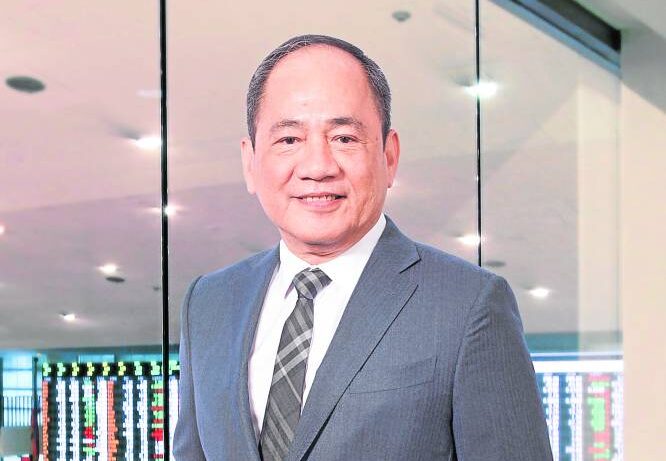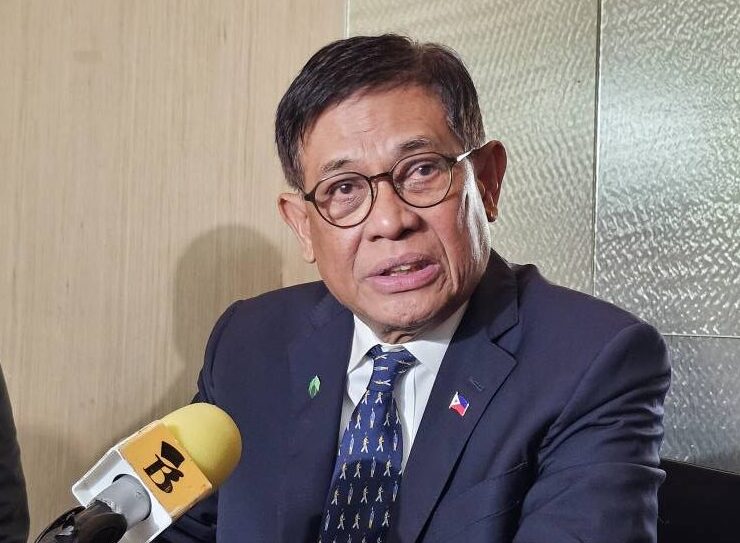PSE lowers capital-raising target after IPO delays

Volatile market conditions that resulted in a delayed initial public offering (IPO) forced the Philippine Stock Exchange (PSE) to downgrade its capital raising goal for the year to as low as P170 billion.
PSE president and CEO Ramon Monzon last week told the Inquirer they had to lower their target from P185 billion previously, following the indefinite postponement of Hann Holdings Inc.’s P13-billion stock market debut.
Originally scheduled this month, Hann’s IPO will no longer push through, with the casino developer citing the need to wait for better market conditions before it could tap local equities.
This, it said, would “ensure the best outcome for our investors and stakeholders.”
Still, Monzon said preferred share offerings in the pipeline, including San Miguel Corp.’s P30-billion sale, could make up for the lost capital.
If it pushes through, the local bourse could still facilitate up to P180 billion in capital raising activities this year.
“We’ll still make it because we have a few preferred share [offers in the pipeline] … we’ll see P170 billion to P180 billion [in capital raising],” Monzon said on the sidelines of the Philippine Tax Academy Convention last week.
So far, the PSE has seen only one IPO this year—Top Line Business Development Corp. in April—and two delistings. Keppel Philippines Holdings Inc. voluntarily delisted on July 8, while Philab Holdings Corp. was forced to exit on July 11. Mass housing developer 8990 Holdings Inc. will go private on Oct. 29.
Maynilad
At the same time, concessionaire Maynilad Water Services Inc. has opted to delay its IPO for the second time, this time aiming to list by Nov. 7 from Oct. 31 originally.
In adjusting its timeline, Maynilad said to give investors more time to “gain a deeper understanding of the corporation and its business model.”
The concessionaire’s IPO would be the bourse’s biggest this year if it proceeds as scheduled, as it aims to raise up to P45.8 billion.
Despite the delays, Monzon is optimistic that the Philippines remained attractive to investors, especially after the Capital Markets Efficiency Promotion Act took effect in July.
Since then, foreigners have been buying more Philippine stocks than they have been selling. Net foreign buying from July 1 to Sept. 23 reached P5.8 billion, a turnaround from the net selling of P32 billion seen in the first semester and P44 billion in 2024.





















